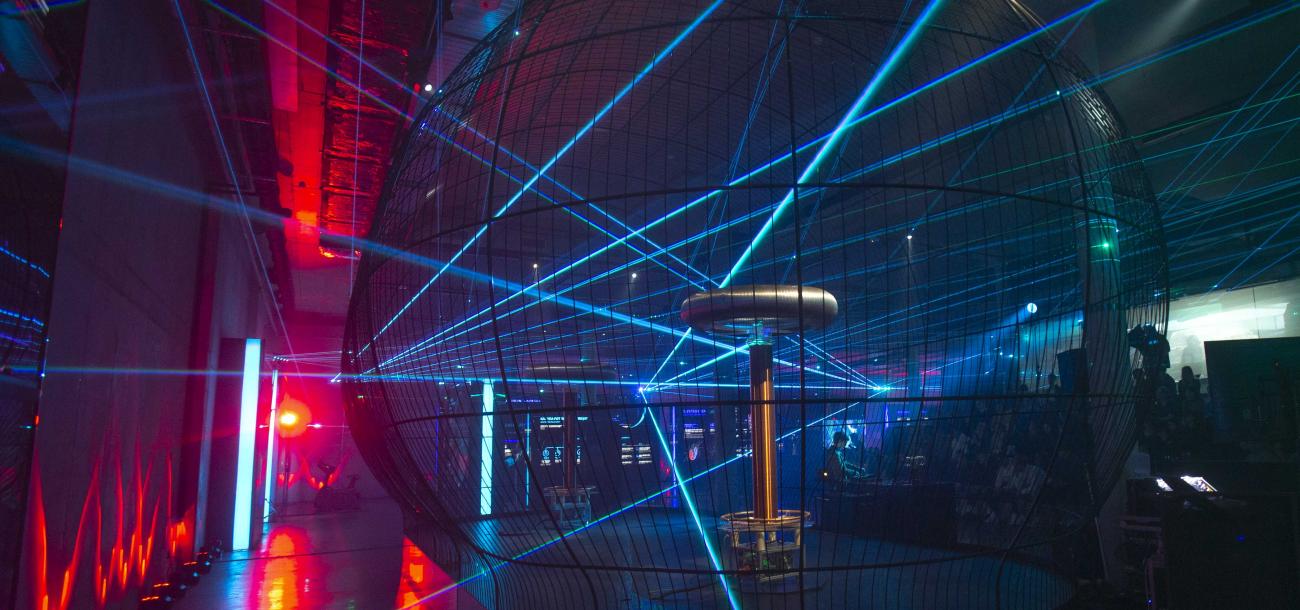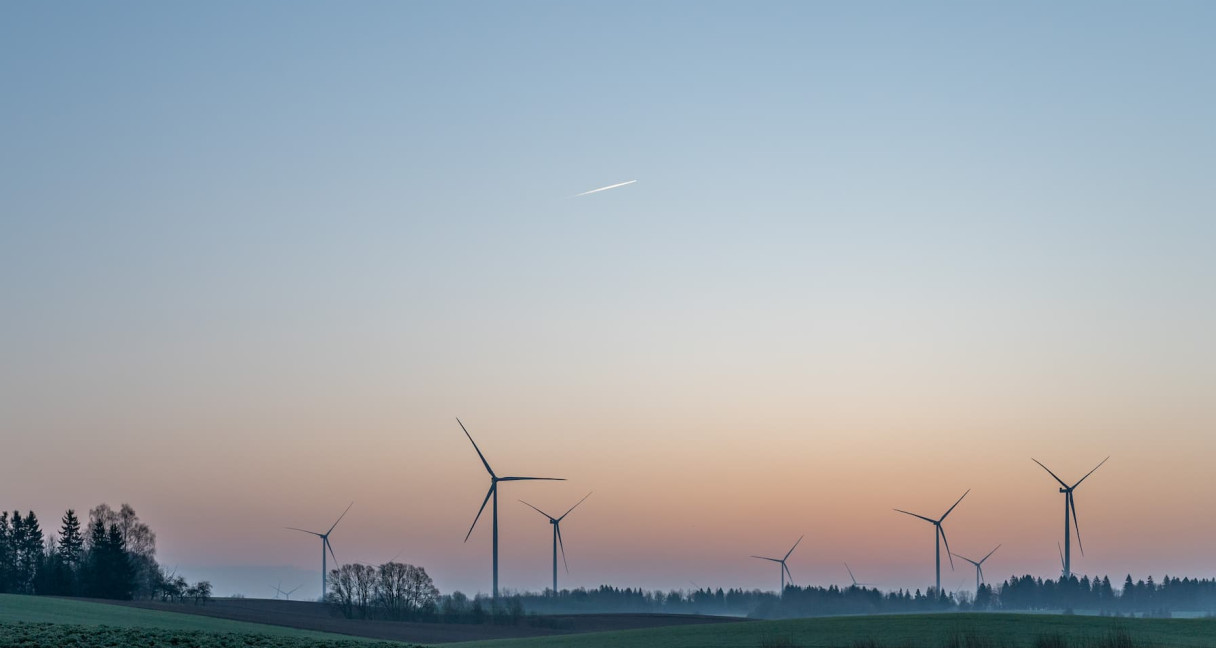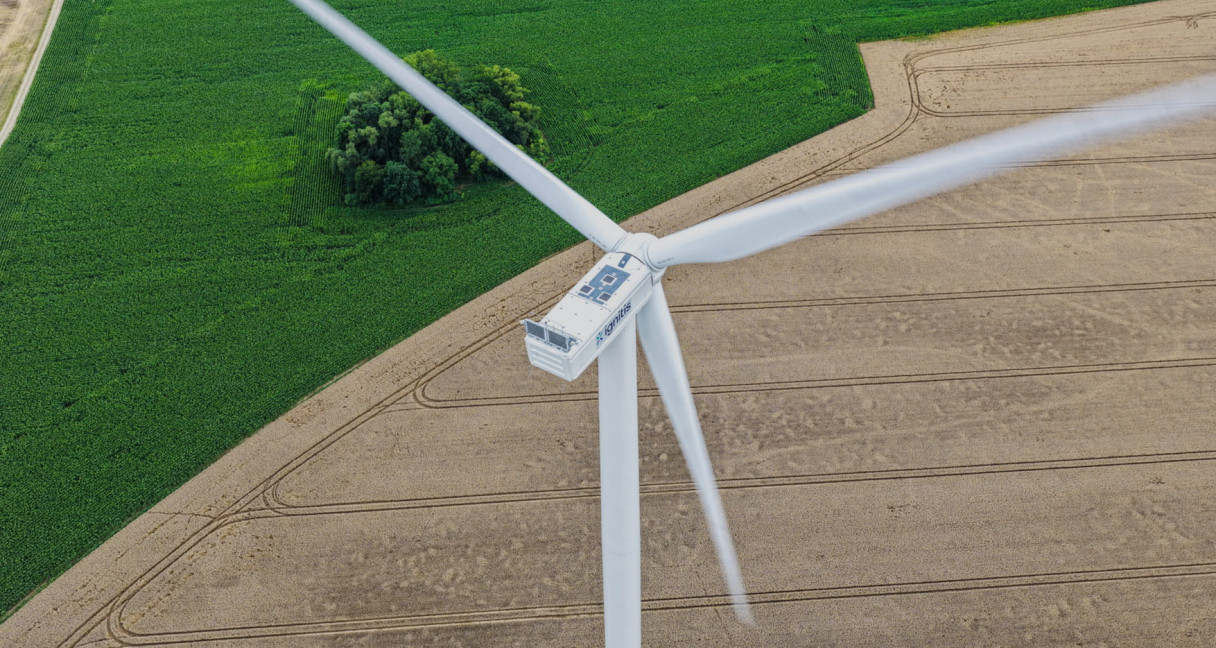Energy professionals celebrating the 132nd birthday of the Energy Day share their stories to dispel the myth that the energy sector is just “a pole and three wires”
While celebrating the Energy Day on Wednesday, the employees of Ignitis Group wish to dispel the myth that the energy sector is a narrow and highly specialised field. By sharing their experiences, they want to encourage young people to consider a career in the energy sector and contribute to a more sustainable national and global future through their daily efforts.
Ignitis Group, a renewables-focused integrated utility, operates in the Baltic states, Poland and Finland and currently employs over 4,300 professionals. On the occasion of the Energy Day, professionals from Ignitis Group and partner companies EPSO-G and Vilniaus Šilumos Tinklai (VŠT) shared their insights into the field. By adding their combined experience in the energy sector, we get 132 years, which is exactly how long it has been since the first Lithuanian light bulb was switched on.
“Energy sector is one of the most important sectors in the modern world. Everything requires electricity, so we go beyond covering the basic needs of our citizens. By finding technological solutions to harness natural resources for electricity generation and minimise the negative impact on the environment, we are contributing to a better environment for the future generations of our children, grandchildren and great-grandchildren,” said Gerda Krasauskė, Transmission Package Manager.

The energy sector employs over 100 different professions
G. Krasauskė became interested in the energy sector in 2005 while studying in London and made the decision to return to Lithuania after 17 years of living abroad, hoping to apply the knowledge and competences she brought back to her home country. She invites young people considering a career in the energy sector to note the opportunities and the potential of this field.
“It's far more than just electrical engineering – it's a vast pool of creative technical and technological solutions. A new energy era is dawning, and everyone knows the meaning and importance of green energy,” notes the specialist.
The country's energy sector currently employs around 100 different professionals, ranging from renewable energy engineers to power grid designers and communications specialists.
The #EnergySmartSTART programme, initiated by Ignitis Group, which invites students to work together to create a green, smart and sustainable future, is a great way to learn more about the electricity and energy engineering studies as well as career opportunities in the energy sector.
Rapidly developing field
Audrūnas Norušis, Senior Network Specialist at VŠT, started his career in a very practical position as a boiler engineer, has been working in the energy sector for 46 years and has never looked anywhere else.
I grew up and lived in Elektrėnai, a town of energy professionals, I saw chimneys all around me all my life, and then the circumstances worked out in such a way that during my military service I became an energy professional, and I am continuing my work in this field to the present day,” recalls A. Norušis.

A. Norušis says that what he likes most about his job is the opportunity to solve problems on his own by applying his skills and experience. “The energy sector is a rapidly developing field, here nothing is constant, with new challenges every day,” says A. Norušis.
Meanwhile, Sandra Urbaitė has been working as Employer Branding Projects Coordinator at Ignitis Group for only a few months and says she chose the sector because she wants to engage in meaningful activities and, most of all, she is captivated by the opportunity to grow.

“The energy sector is very broad, so I believe that anyone can find something they like here. And there are plenty of opportunities to learn – events, career fairs, tours, interviews with current energy professionals. Don’t be afraid to try!” advises S. Urbaitė, who is just starting her career in the energy sector.
Everyone can find a place here
Vaidotas Grašys, who has been working in the energy sector for 37 years and is the Head of the Hydroelectric Power Plant Operations at Ignitis Gamyba, says that when he was still studying at the then Kaunas Polytechnic Institute (now Kaunas University of Technology), he became interested in the Kruonis PSHP, which was being constructed and started operations shortly after he graduated.

“I started my career as a shift supervisor at the power plant, and now I'm in charge of the hydroelectric power plant operations management. Our power plants, both Kruonis PSHP and Kaunas HPP, are of great importance for the security and stability of the entire energy system,” notes V. Grašys.
“Responsibility is what drives me,” simply says V. Grašys, when answering what he likes the most about the energy sector. He encourages those considering a career in the energy sector to not be afraid of challenges and to be interested in innovations in the energy sector.
Valdas Slapšys, who started working as an on-call substation electrician 33 years ago, is currently the Head of Grid Maintenance for the Northern Region at Litgrid, a company owned by EPSO-G. He says he has been interested in equipment and infrastructure since he was very young and suggests that young people should not be swayed by the first impression that energy is “nothing interesting, a pole and three wires”.

“It's a large, complex mechanism where everyone can find their place. Ensuring a reliable supply of electricity is a task that requires responsibility and professionalism,” stresses the energy expert.
He considers the immediate eliminations of network failures as the biggest challenge, where the response needs to be lightning-fast and the power supply needs to be restored as soon as possible and in line with safety requirements.
The birthday of the energy sector in Lithuania dates to 17 April 1892, when the first electric light bulb was lit in the manor of Duke Bogdan Oginski in Rietavas, just 13 years after the invention of the light bulb itself and 10 years after the opening of the world's first power plant.





